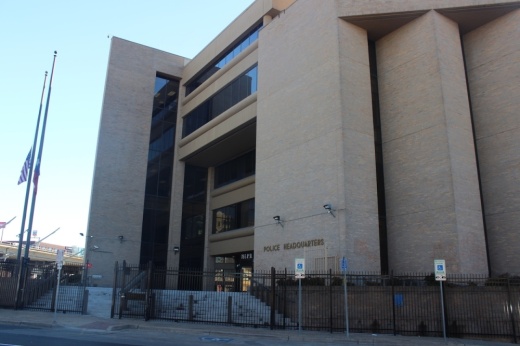The act, developed by the nonprofit political group Equity Action, would affect aspects of Austin's police oversight system including the Office of Police Oversight and how the city maintains officer personnel files. The measure's passage would grant certain disciplinary powers to the OPO, some of which were reduced through an arbitration process last year, and block Austin from keeping private conduct files on city police officers.
Equity Action representatives have said they hope the oversight ordinance would go into effect before the city's new contract with its police union is approved this year, potentially delaying the rollout of the changes proposed in the act until 2026. The current contract between the city and Austin Police Association is set to expire Sept. 30 with labor negotiation meetings scheduled for Sept. 12 and 26.
Equity Action announced Aug. 8 that it had submitted its petition to the city two weeks ahead of the filing deadline for this November's election. However, the clerk's office said the timeline needed to validate the petition would extend through the end of the filing period, pushing a possible election date beyond the end of contract negotiations.
In Austin today, any citizens petitioning for a new city ordinance must collect at least 20,000 signatures for that measure to move forward. City Clerk Myrna Rios certified Sept. 7 that her office's random sampling of the 32,674-signature police oversight petition—covering 25% of those names—determined the petition to be "sufficient" with at least 20,451 valid signatures included.
Council members now have 10 days to decide whether to pass the oversight act themselves or call an election on the measure in May 2023. Their decision could come during their next regularly scheduled meeting Sept. 15 or during a special meeting sometime before Sept. 17.
Equity Action leadership issued a statement after Rios' announcement asking council to consider voting on the act this month.
“The people of Austin have sent a clear message that they don’t want another police contract that enables unaccountable police brutality and misconduct,” Equity Action President Chris Harris said in a statement. “While we would’ve preferred to have this go to the voters in order to avoid another four or five years of police secrecy and impunity, the Austin City Council must vote the ordinance into law themselves right now. Passing this now strengthens police oversight and transparency in this next contract, but postponing until a May ‘23 election means waiting until the contract in 2026 or 2027 to improve police accountability. This should be an easy choice for this council.”





